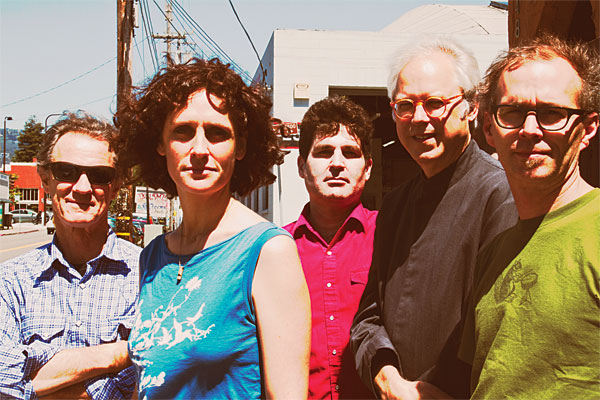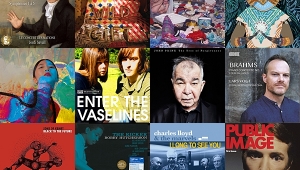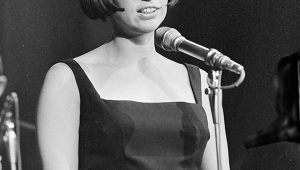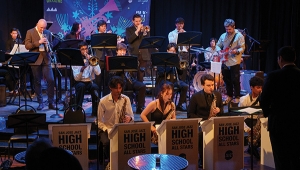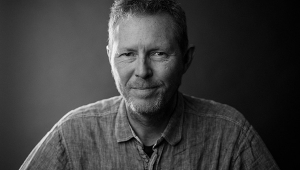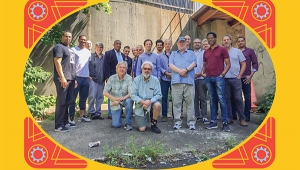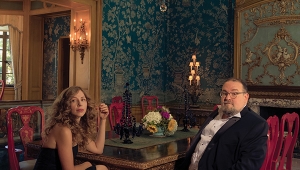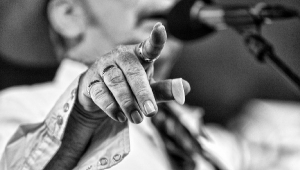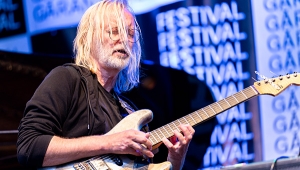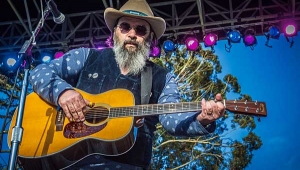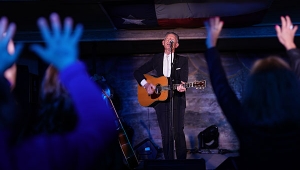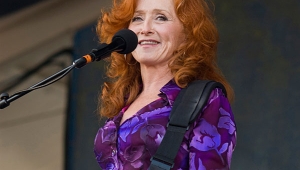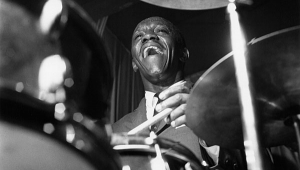| Columns Retired Columns & Blogs |
Robert,
While you and I are most assuredly diametrical opposites when it comes to political ideologies, I must say that this is a phenominal article on the great Bill Frisell. Good write-up!
BTW: I believe Bill now plays on occassion, Paul Reed Smith guitars. Which is extra cool.
Mark Evans
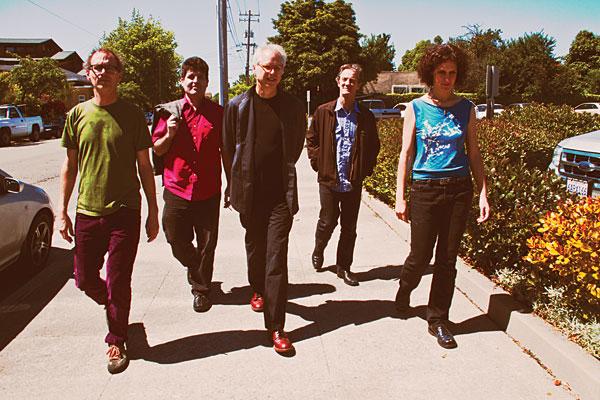
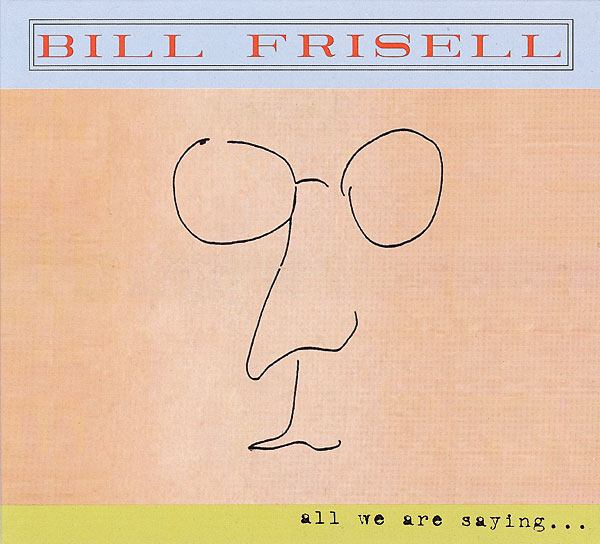
 Like a lot of Frisell's recording projects, this one was completed in a matter of days, in sessions that took place just months after the release of Sign of Life. On that album Frisell played with the 858 Quartet, a splinter group from his usual working band that features fellow musical searchers Scheinman, Eyvind Kang (viola), and Hank Roberts (cello).
Like a lot of Frisell's recording projects, this one was completed in a matter of days, in sessions that took place just months after the release of Sign of Life. On that album Frisell played with the 858 Quartet, a splinter group from his usual working band that features fellow musical searchers Scheinman, Eyvind Kang (viola), and Hank Roberts (cello).
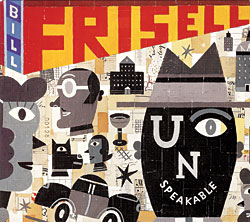 "Leisz is the other half of my brain working. He's left-handed, I'm right-handed. His birthday is exactly six months apart from mine on the calendar. A Fender Mustang was the first guitar we each ever bought. Somewhere, maybe late in high school, I went more into jazz and he went more into country music, but what made us play in the beginning was that we grew up with all the same music and we sort of learned in the same way. I feel like we both can play full force without tiptoeing around each other.
"Leisz is the other half of my brain working. He's left-handed, I'm right-handed. His birthday is exactly six months apart from mine on the calendar. A Fender Mustang was the first guitar we each ever bought. Somewhere, maybe late in high school, I went more into jazz and he went more into country music, but what made us play in the beginning was that we grew up with all the same music and we sort of learned in the same way. I feel like we both can play full force without tiptoeing around each other.
 "I'm okay if you want to think of it as jazz. But then just the word, for some people it means one thing, for others it means another thing. Every time you put a word on something, it boxes it in. To me, jazz means the people who inspired me and still inspire me. Sonny Rollins and Monk—to me, what they are doing is using everything that's around them, their whole experience, and transforming it. They're not following any rules about what it's supposed to be. So in that way, I would hope that I might be some kind of jazz musician."
"I'm okay if you want to think of it as jazz. But then just the word, for some people it means one thing, for others it means another thing. Every time you put a word on something, it boxes it in. To me, jazz means the people who inspired me and still inspire me. Sonny Rollins and Monk—to me, what they are doing is using everything that's around them, their whole experience, and transforming it. They're not following any rules about what it's supposed to be. So in that way, I would hope that I might be some kind of jazz musician."
